The dreaded plateau. Many of us have encountered it as we move forward in our training, stopping us in our tracks and halting progress altogether. Plateaus can vary. For some, it might be weight loss goals coming to a screeching halt despite no less effort put in. For others, it might be the number of plates on the bar on a particular lift, and, try as you might, you just can’t get past it.
Plateaus are frustrating, regardless of the type you encounter. So, how do you overcome a plateau to continue fine-tuning your strength and skills? This guide outlines six tips to help you blaze through your progression lull.
1. Incorporate Change
Sometimes, overcoming a plateau is as simple as changing your routine. Our bodies naturally adapt to the work and stress we encounter, eventually learning to complete the same tasks with less effort and more efficiently.
So, spice up your routine by adding different movements and exercises. By incorporating other movements and exercises, you can challenge your muscles in a new way. For example, if you’ve previously done traditional weightlifting and find yourself in a rut, consider trying calisthenics, CrossFit, or functional style workouts. The same goes for the reverse situation.
These types of training target the muscles in different ways and can help you move through your plateau. After a few weeks, reintroduce your go-to training style or switch back to it.
2. Add a Deload Week
A deload week can help break fitness plateaus by giving your body time to rest. This doesn’t mean you need to stop exercising altogether. Instead, it simply translates to a week of lighter work that helps you prepare for intensifying your workouts to progress.
In a deload week, you might increase the number of reps and decrease the weight you’re used to by around 50 to 60 percent. These weeks can help you avoid overtraining that could result in burnout or periods of performance plateaus.
On top of that, deload weeks are excellent times to focus on rest, recovery, and nutrition. Prioritize restful sleep, ample nutrition, and plenty of recovery work to prepare your muscles for the upcoming weeks.
3. Increase Intensity
Adding to the intensity of your workouts is another way to break through plateaus while sticking with your favorite training methods. Sometimes, we might not recognize our limits and end up working far below what our bodies are capable of. This is a particularly common hiccup beginners experience during the early stages of training, as they’ve not yet familiarized themselves with how far their bodies can go.
By adding intensity to your workout, you can work through the plateau and resume your journey to achieving your fitness goals.
Alternatively, add intensity as a progressive overload. This technique can help hone the frequency, intensity, and/or volume of your strength training routine and help you target your muscles in a different way that helps build muscle. If you’re an experienced gym-goer stuck in a rut, a progressive overload might be your way out.
4. Prioritize Rest
Sleep is a vital piece of the exercise puzzle. Without ample sleep to promote recovery and ensure you’re ready for your next training session, you might notice your progress stagnates, leaving you without the progress you’re working hard to achieve.
Poor sleep can leave you without motivation to work out, much less the energy to put in sweat equity at the gym. One study examined the effects of sleep deprivation on running endurance, concluding that participants operating with little sleep covered approximately 3% less distance than when they were well-rested.
Another study examined this connection but switched running endurance for maximal muscle strength available for compound movements in resistance training. Like the previous study, conclusions displayed limitations on the maximal muscle strength participants had to perform these movements.
So, if your sleep has been less than stellar, you may want to take a step back from training and prioritize sleep. This doesn’t mean you have to stop training altogether, but you should ensure you get plenty of restful sleep for optimal recovery and performance.
5. Check Your Diet
“You can’t outwork a bad diet.” Most of us have heard it, and, unfortunately for the foodies out there, it’s entirely true. Outworking a bad diet isn’t a sustainable option, as a healthy daily calorie intake is much higher than exercise expenditure for most individuals. For simplicity, we’ll set aside the basal metabolic rate altogether.
For example, suppose you have a 2,200-calorie daily intake. An intense hour-long session at the gym might only burn 500 calories. To burn off your entire daily intake solely through exercise, you’d need to exercise rigorously and for an extended period. This is not only unhealthy, but it’s simply not doable for most individuals.
Instead, it’s all about balance for many individuals. If your diet is teeming with processed, sugar-packed foods and your caloric intake is through the roof, you likely won’t see the fruits of your labor in the gym. Unhealthy diets can sabotage your progress, leading to nutrient deficiencies that limit progress and detrimentally impact muscle recovery.
You’ll need to ensure you’re getting plenty of protein to promote your strength and muscle-building goals (too few calories can steal your gains) while balancing your caloric intake to mirror your weight loss goals (if applicable). If you’re new to exercise and fitness, consider working with a registered dietician who can help you develop an eating plan based on your unique goals and starting point.
6. Work with a Professional
Consulting a professional personal trainer can be another viable solution to help bust through a plateau, regardless of whether you’re a beginner or a seasoned gym-goer. A personal trainer can evaluate your strengths and weaknesses to develop an individualized training program that reflects your needs and will help you push past your limits.
For beginners, a personal trainer can help you build the foundation of fitness to help you reach your goals. For seasoned gym-goers, a personal trainer can aid by offering new insight, ideas, and feedback that can help you overcome your plateau.
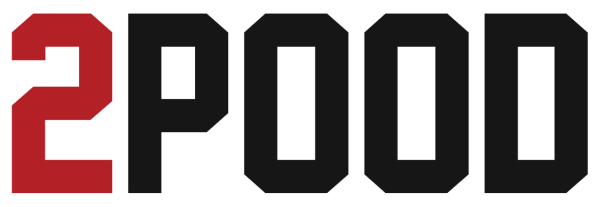

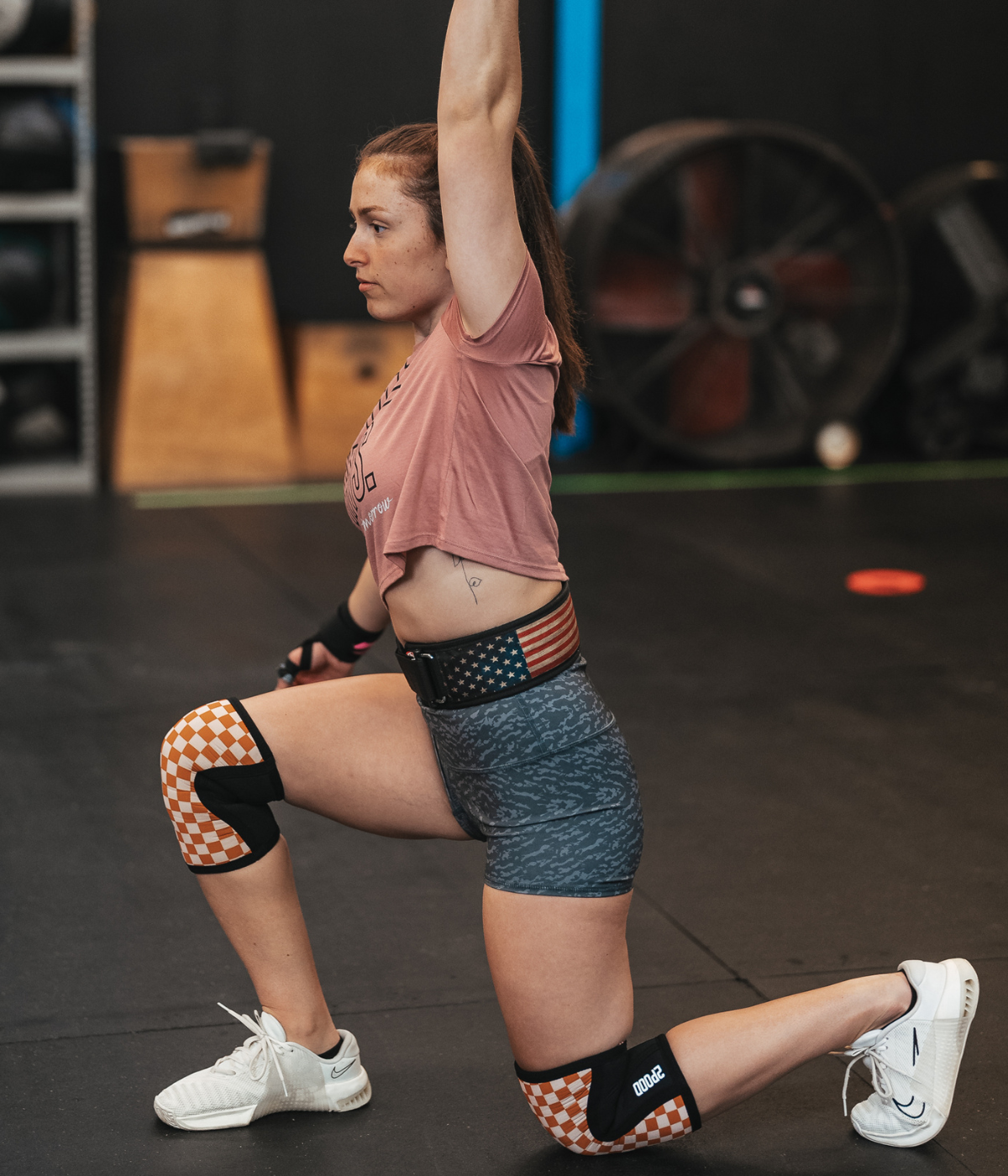
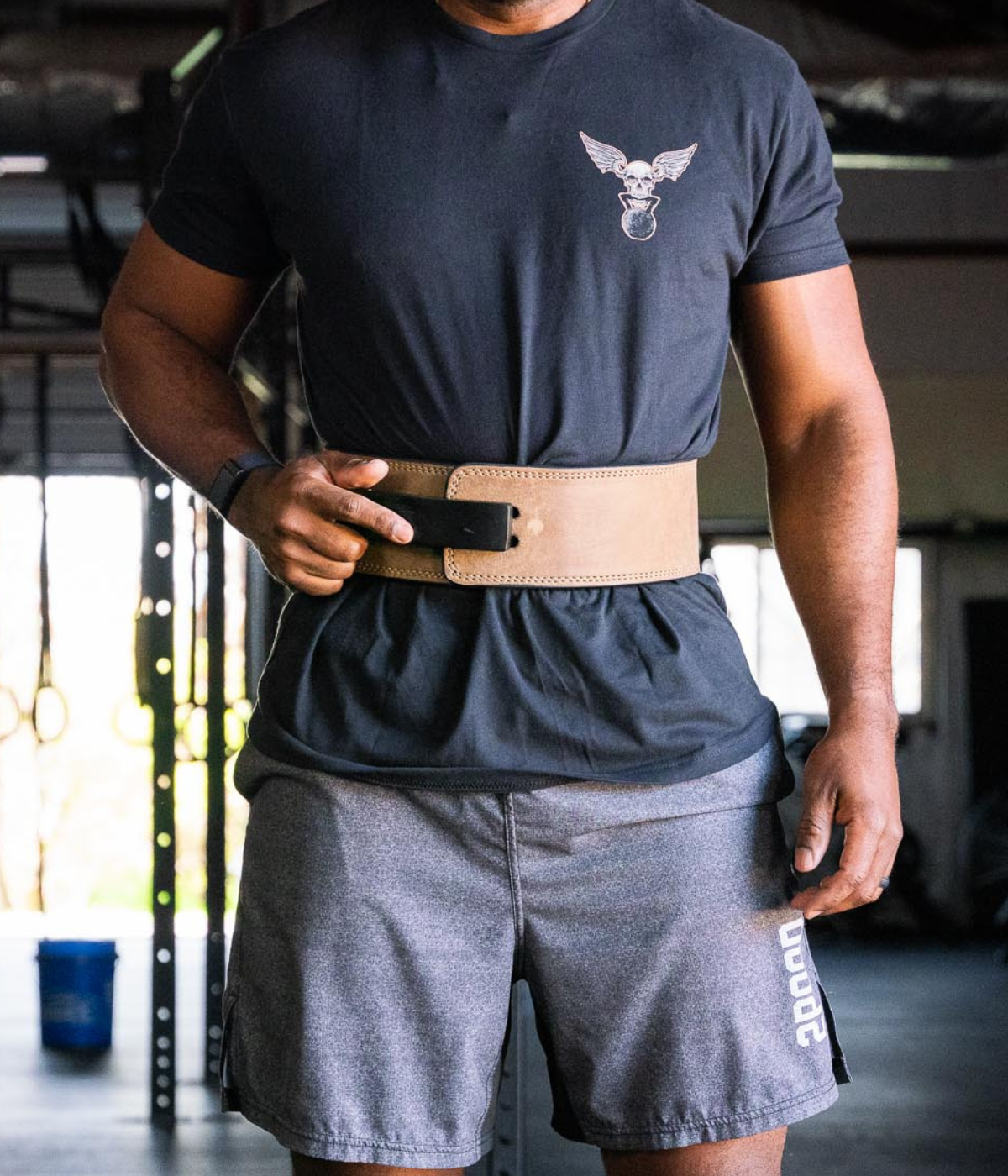
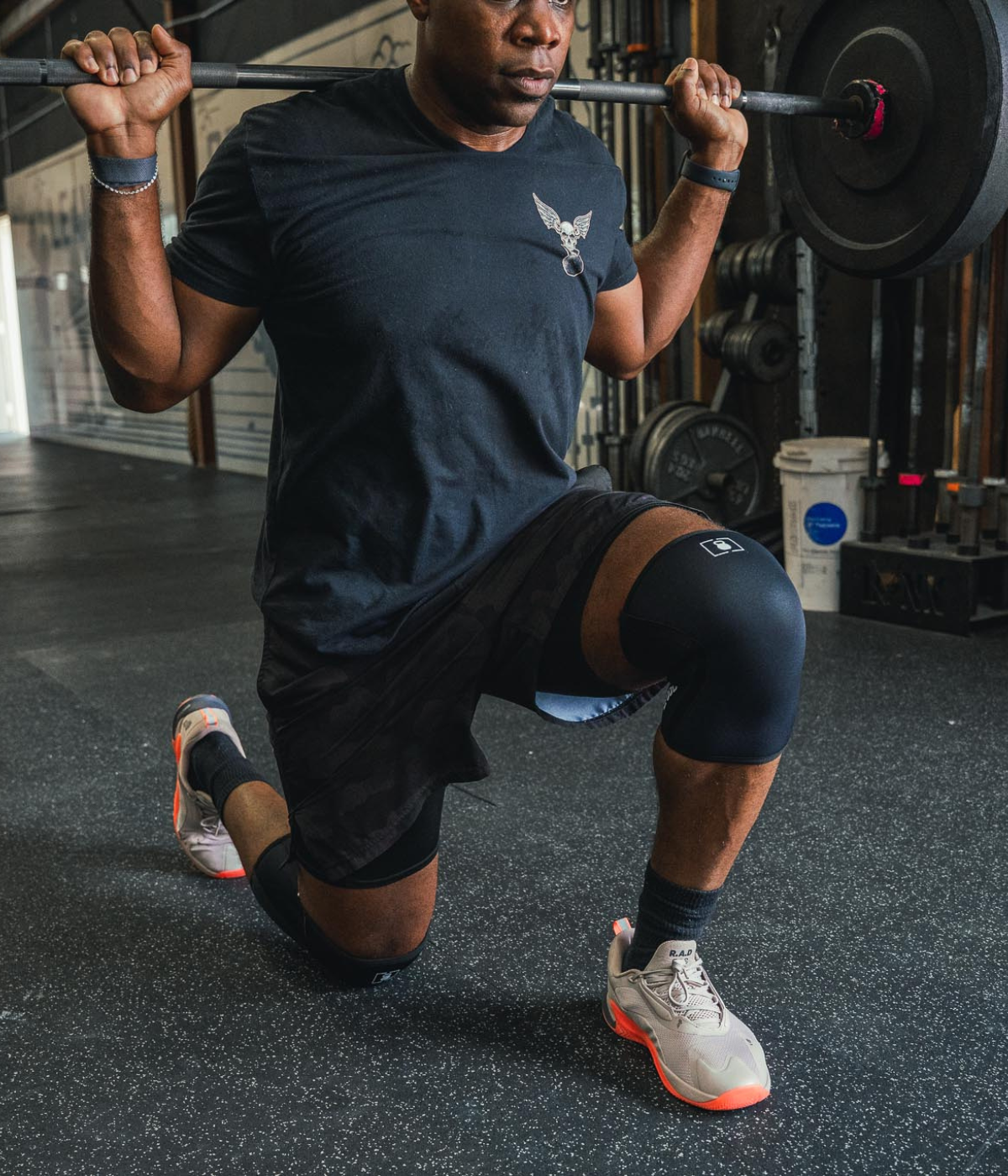
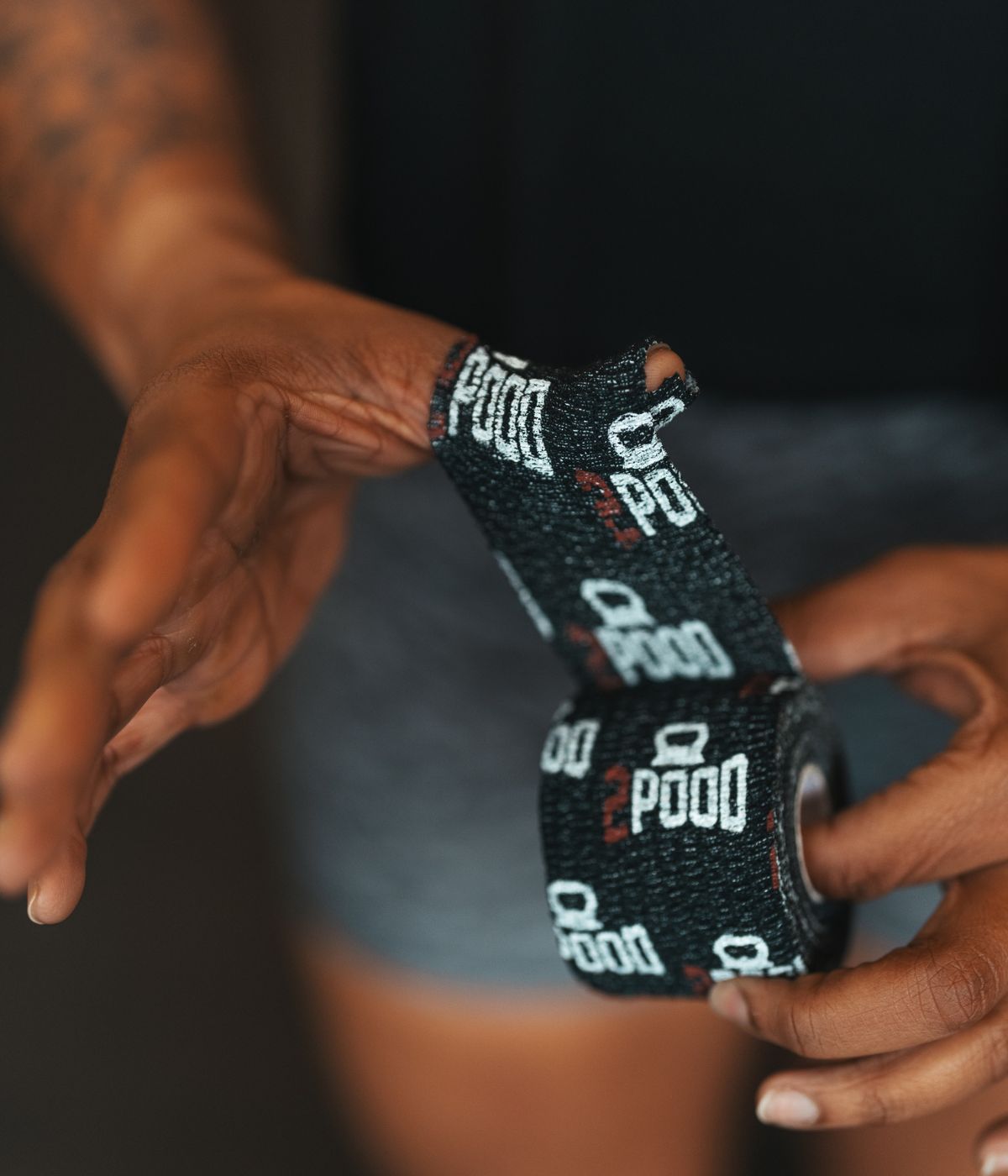
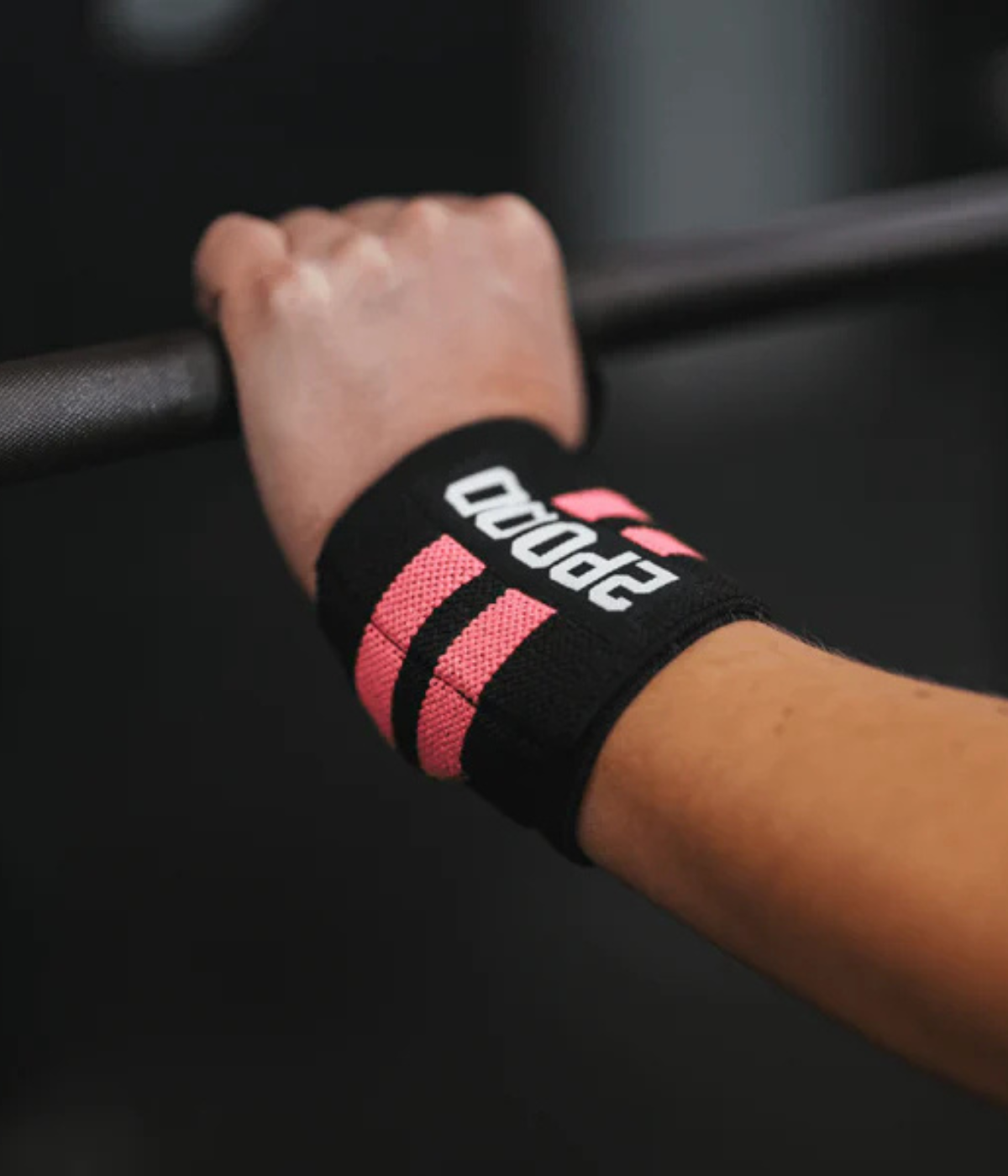

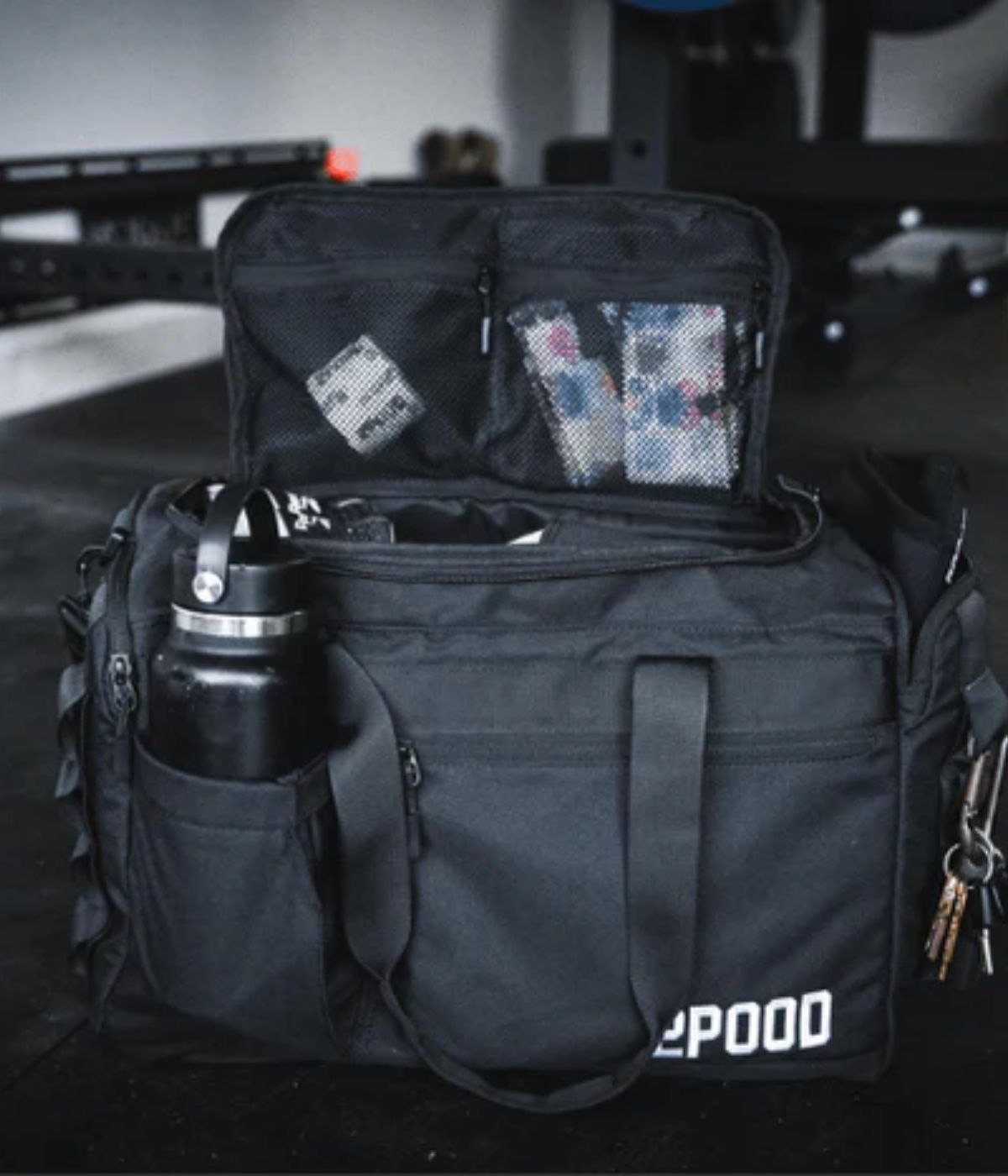
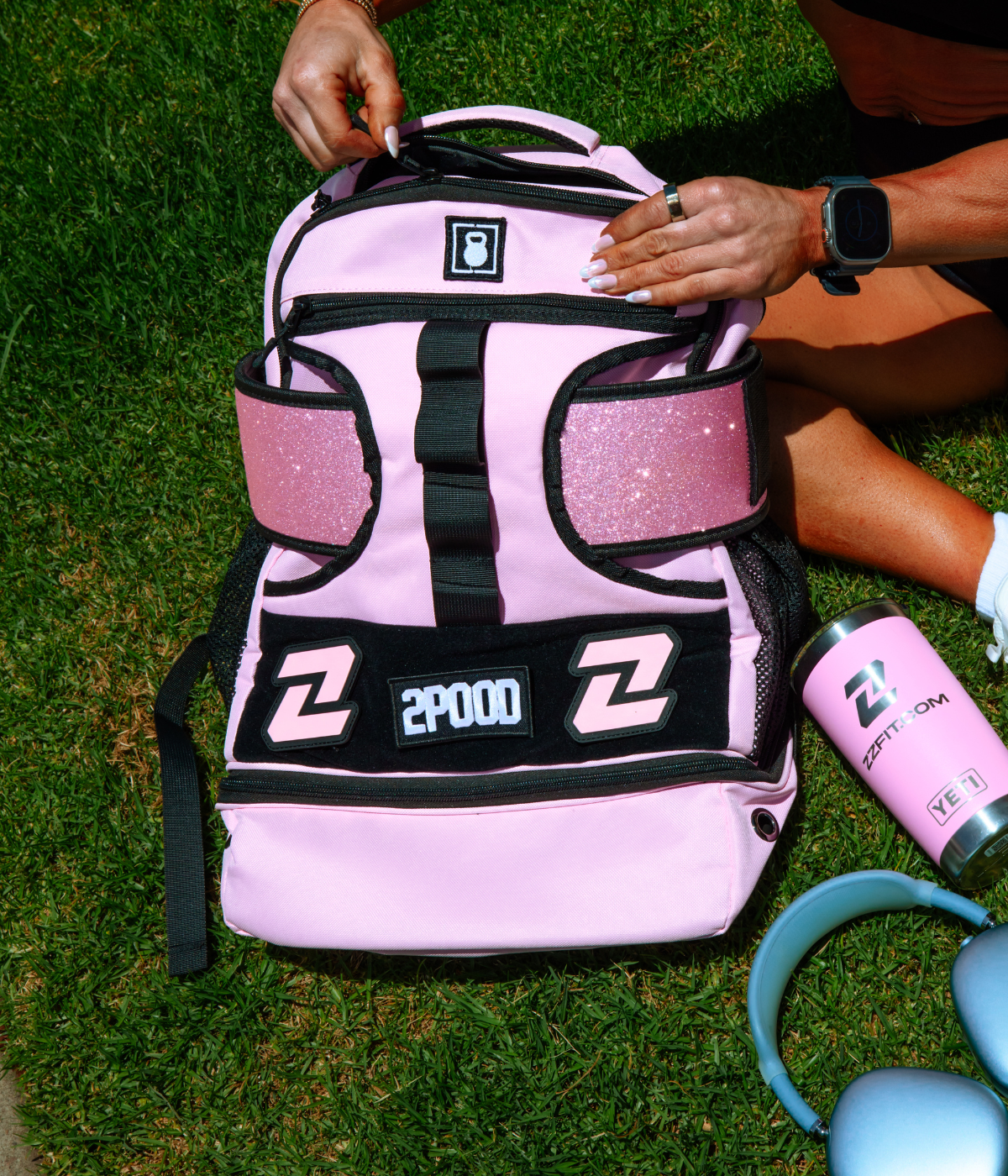



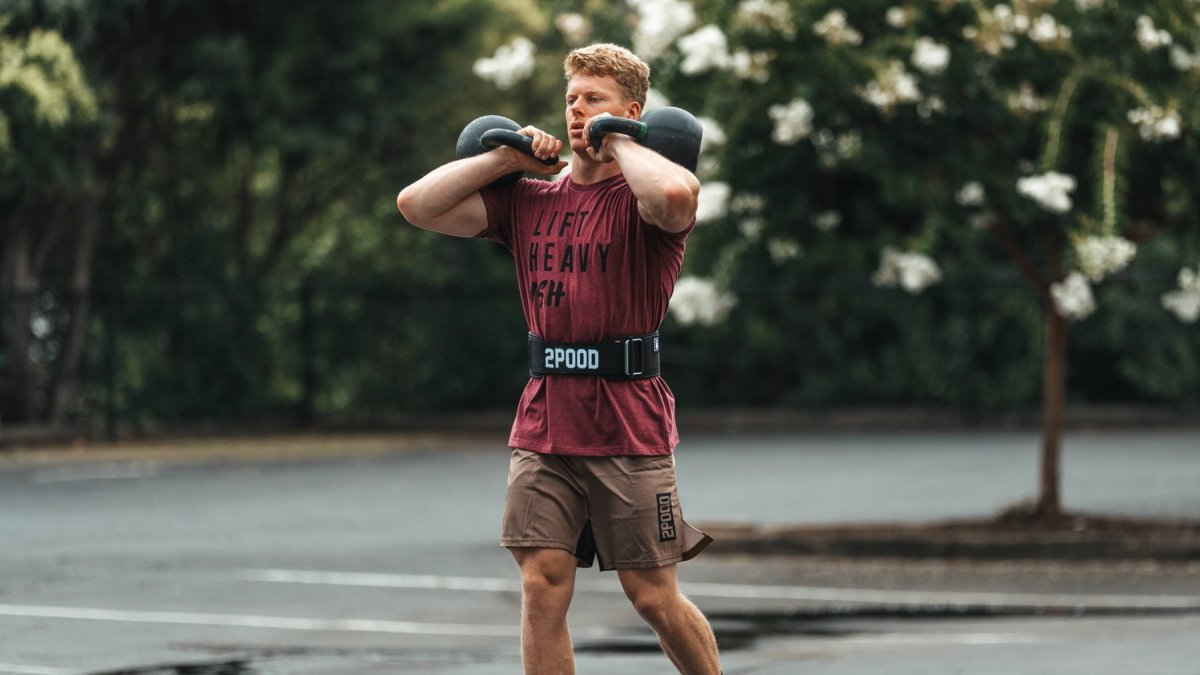
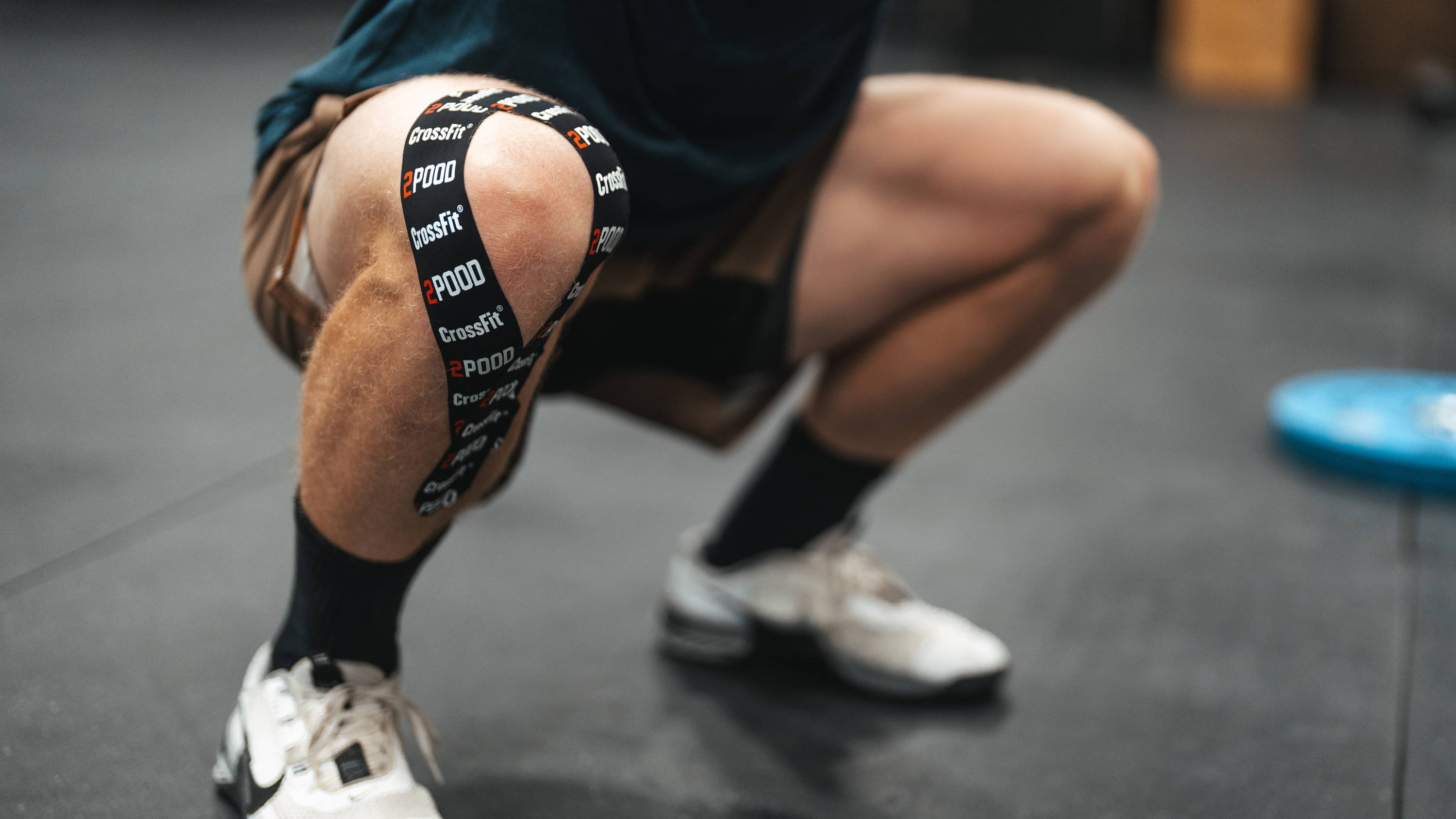

Leave a comment
All comments are moderated before being published.
This site is protected by hCaptcha and the hCaptcha Privacy Policy and Terms of Service apply.